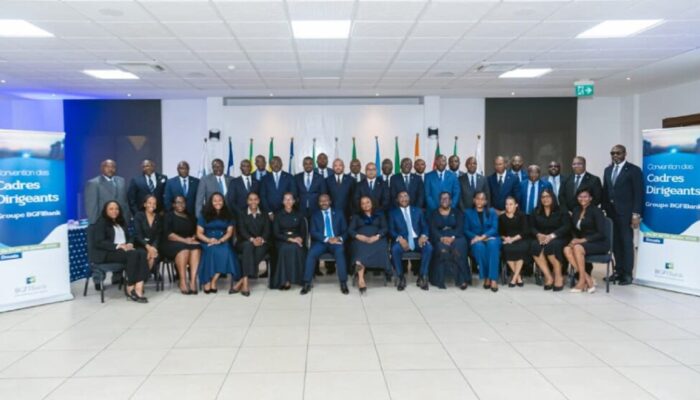The work of revising the general tax code and drafting the book of tax procedures continues in Brazzaville. The government wants to introduce simplified provisions in accordance with the directives of the Economic and Monetary Community of Central African States CEMAC.
Most of the tax provisions have become obsolete; since the code was published in 1958, before the country’s independence. Revision work is essentially aimed at identifying inconsistent provisions and then removing them; to introduce innovations inspired by fashion “best practices” in the Cémac space and contained in the green code of OHADA (Organization for the Harmonization in Africa of Business Law). It is also a question of unifying, in the various uncodified tax texts such as the global flat-rate tax, the value-added tax, the tax on transfers of funds, the land ownership regime.
The first results of the work are satisfactory ten days after the start of the work in committees, estimated the Director General of taxes and estates, Ludovic Itoua. “The tax officials have done a good job which is almost at an end. They are currently in plenary to present the results of their work carried out within the sub-committees. We want to make our code more open and easy to access for everyone, the tax administration and taxpayers, “said Ludovic Itoua, after a meeting with his collaborators on July 30.
One of the areas targeted by this revision concerns the evolution of the Special Tax on Companies (TSS) and its initial rate of 2% for companies with successive deficits. The current debate is in favour of keeping this 2% tax for companies that are in a position to adopt establishment agreements. Regarding the personal income tax, experts are also in favour of its maintenance, in order to keep the fundamentals of a personal and progressive tax.
Note that after the review and validation of the draft code by officials of the tax administration, the copy will then be submitted for a vote in both chambers of parliament probably before the end of the year. According to the supervisory authority, this new tax law could enter into force no later than January 1, 2021. In a context of the economic and financial crisis, the Congolese state hopes to increase its tax resources, while keeping its tax system favourable to economic operators.






